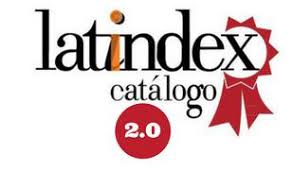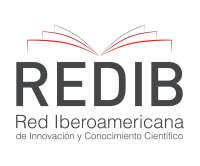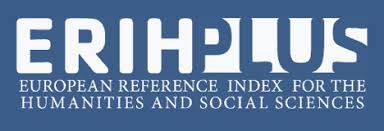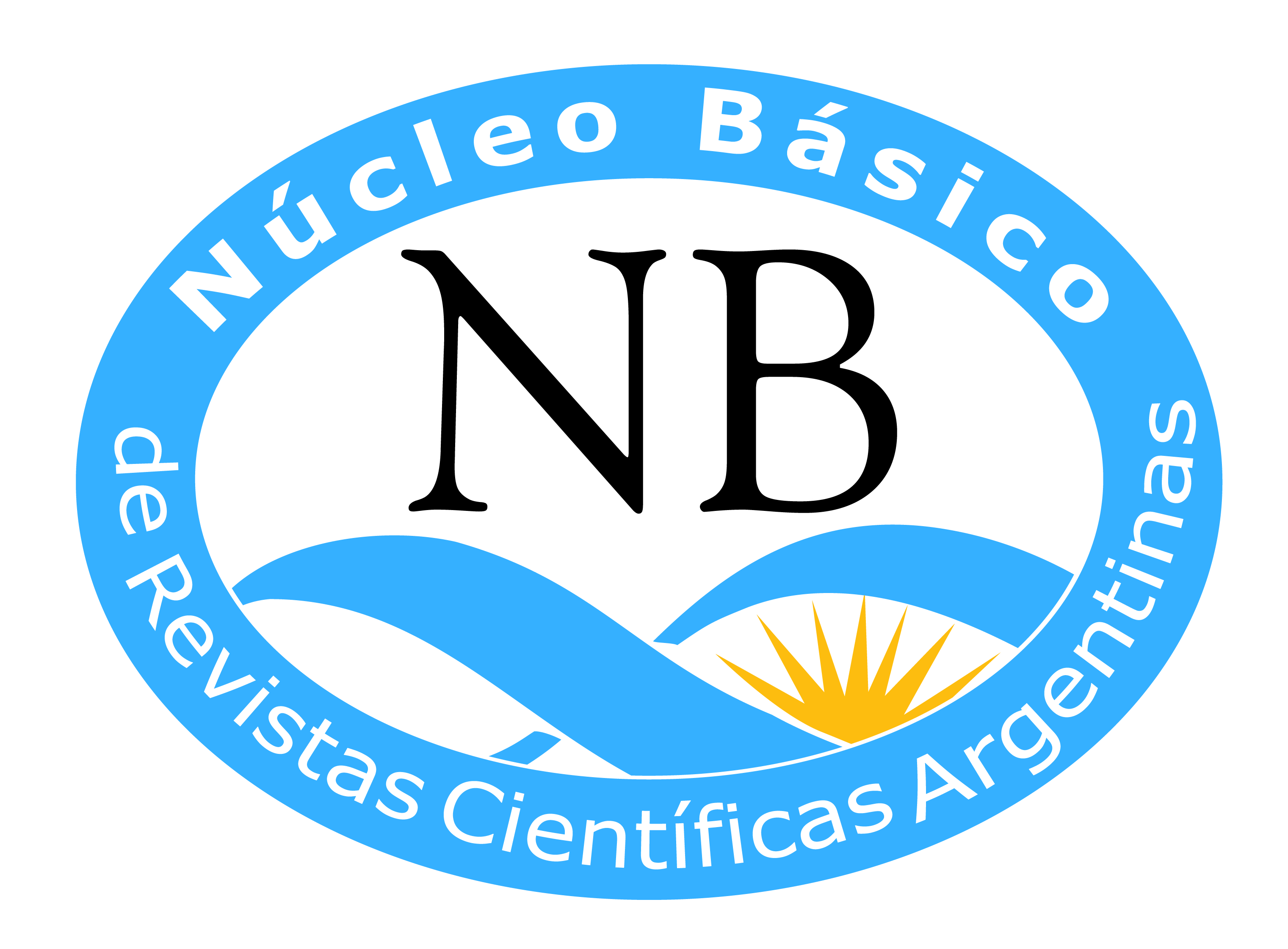Práctica Docente: Una mirada desde la perspectiva del desarrollo de agencia en la enseñanza de lenguas extranjeras
Resumen
Agencia es un término que hace referencia a la forma de actuar de una persona. En muchas ocasiones, se la ha asociado con factores netamente innatistas. Sin embargo, desde Aristóteles, a través de la potencia, ya se reconocía que la estructura social, las historias de vida, el contexto cultural y profesional influyen el accionar de una persona. El presente ensayo tiene por objeto analizar, a partir de una perspectiva foucaultiana, cómo la agencia está influenciada por el devenir histórico, el cuidado de sí y la gobernabilidad de uno mismo, y cómo estos aspectos se reflejan en la práctica docente de los maestros de inglés. Como resultado se recogen los principales conceptos foucaultianos en prospectiva a observar a la agencia docente como un constructo en constante formación.
Palabras clave
Texto completo:
PDFReferencias
Althusser, L. (1969). Ideología y aparatos ideológicos de Estado. Málaga: Infoamérica.
Apple, M. (1992). The Text and Cultural Politics. Educational Researcher, 21(7), 4–19. doi:10.3102/0013189x021007004
Boticelli, S. (2015). La gubernamentalidad del estado en foucault: un problema moderno. Praxis filosófica. 42, 83-106
Bravo, R. (2017). Agencia y “técnicas de sí”: apuntes sobre la virtud en Foucault. Dorsal. Revista de Estudios Foucaultian (2), 129-152.
Calvert, L. (2016). The power of teacher agency: Why we must transform professional learning so that it really supports educator learning. The Learning Forward Journal, 37(2), 51-56.
Campbel, C. (2009). Distinguishing the Power of Agency from Agentic Power: A Note on Weber and the “Black Box” of Personal Agency*. Sociological Theory. 27(4), 407-418, doi: 10.1111/j.1467-9558.2009.01355.x
Campbell, E. (2012). Teacher agency in curriculum contexts. Curriculum Inquiry, 42, 183–190. doi: 10.1111/j.1467-873X.2012.00593.x
Casales, R. (2017). Una aproximación a la teoría leibniziana de la acción intencional desde su noción de máquina natural y su monadología. Diánoia, 62(78).
Charles, D. (2017). Aristotle on agency. En Oxford handbooks online, pp: 1-31
Davies, B. (1990). Agency as a form of discursive practice. A classroom scene observed. British Journal of Sociology of Education, 11(3), 341-361. doi 10.1080/0142569900110306
Ema, J. (2004). Del sujeto a la agencia (a través de lo político). Athenea digital. 5, 1-24.
Fararo, T. (1999). Advances in generative structuralism: Structured agency and multilevel dynamics. Journal of mathematical sociology. 24(1), 1-64. doi: 10.1080/0022250X.1999.999022
Foucault, M. (1980). Body/power. En Colin, G. (Ed). Power/knowledge: Selected Interviews and Other Writings 1972-1977. Michel Foucault (pp.55-63). New York: NY: Pantheon Books.
Foucault, M. (1983). The subject and power. En H. Dreyfus y Rabinow. P. (Eds.) Michel Foucault: Beyond Structuralism and Hermeneutics (pp. 208-226) University of Chicago press: Chicago.
Foucault, M. (1988). Tecnologìas del yo. En Cruz, M. (Ed). Michel Foucault Tecnologías del yo y otros textos afines, pp 45-86. Buenos Airtes: Paidós.
Foucault, M. (1997). Technologies of the self. En Rabinow, P. (Ed.) Ethics, subjectivity and truth (pp. 223-252). New York: New press
Focuault, M. (2004) Historia de la sexualidad I. Mexico: Siglo XXi editores.
Giddens, A. (1984). Elements of the theory of structuration. In The constitution of society (pp. 1-40). United Kingdom. Cambridge.
Heidegger, M. (1994). La pregunta por la técnica en Conferencias y artículos. En (Francisco Soler y Jorge Acevedo, trads.) Filosofía, ciencia y técnica (pp. 113-148). Santiago de Chile: Editorial Universitaria
Infinito, J. (2003). Ethical self-formation: a look at the later Foucault. Educational Theory, 53(2), 155–171. doi:10.1111/j.1741-5446.2003.00155.x
Laval, C., y Dardot, P. (2013). La nueva razón del mundo. Ensayo sobre la sociedad neoliberal. Barcelona, España: Gedisa.
Marx, C. (1852). The Eighteenth Brumaire of Louis Bonaparte. Die revolution, pp 5-11.
Piedra, N. (2004). Relaciones de poder: leyendo a Foucault desde la perspectiva de género. Revista de Ciencias Sociales, 4(106) pp. 123-141
Porta, L. y Yedaide, M. (2016). El género como apuesta a la subversión epistémica y la restitución del agenciamiento político. Contra el desperdicio de la experiencia escolar. Kaplan, K. (Ed.). Género es más que una palabra. Educar sin etiquetas (pp.97-114). Buenos Aires: Miño y Dávila.
Salinas, C., & Castro, A. (2010). Disrupting the Official Curriculum: Cultural Biography and the Curriculum Decision Making of Latino Preservice Teachers. Theory & Research in Social Education, 38, 428 - 463.
Sannino, A. (2012). Teachers’ talk of experiencing: Conflict, resistance and agency. Teaching and Teacher Education, 26 (4), 838–844. doi: 10.1016/j.tate.2009.10.021
Spencer, C. (2016). Critical intentions and “care of the self:” reconsidering the role of aency in preservice teachers’ thinking. Journal of curriculum and teaching. 5(1). doi:10.5430/jct.v5n1p1
Sonu, D. (2012). Illusions of Compliance: Performing the Public and Hidden Transcripts of Social Justice Education in Neoliberal Times. Curriculum Inquiry, 42(2), p. 240-259. doi: 10.1111/j.1467-873X.2012.00592.x
Vázquez, F. (2005). Empresarios de nosotros mismos biopolítica, mercado y soberanía en la gubermentalidad neoliberal. Anthropos, 73-103.
Vähäsantanen, K., Hökkä, P., Eteläpelto, A., Rasku-Puttonen, H., y Littleton, K. (2008). Teachers' Professional Identity Negotiations in Two Different Work Organisations. Vocations and Learning: Studies in Vocational and Professional Education, 1(2), 131-148. doi: 10.1007/s12186-008-9008-z
Vigo, A. (2012). Deliberación y decisión según Aristóteles. Tópicos, (43), 51-92.
Weber, M. (2004). La ética protestante y el espíritu del capitalismo. (Abellán, A.Trad.) Madrid: Alianza Editorial.
Wolosky, S. (2013). Foucault at School: Discipline, Education and Agency in Harry Potter. Children´s literature in education. 45(4), p. 285-297, doi: 10.1007/s10583-013-9215-6
Zabala, M. y Castañeda, S. (2014). Fenomenología de agencia y educación. Notas para el análisis del concepto de agencia humana y sus proyecciones en el ámbito educativo. Magister. 26(2), pp. 98-104, doi: 10.1016/S0212-6796(14)70024-6
Enlaces refback
- No hay ningún enlace refback.
Copyright (c) 2022 Sonia Magali Arteaga

Este obra está bajo una licencia de Creative Commons Reconocimiento-NoComercial-CompartirIgual 4.0 Internacional.
|
Facultad de Humanidades - Universidad Nacional de Mar del Plata. Correo electrónico: revista.entramados@gmail.com Web: http://fh.mdp.edu.ar/revistas/index.php/entramados Instagram: @revista.entramados ISSN 2422-6459 (Versión en línea) |
La Dirección no se responsabiliza por las opiniones vertidas en los artículos firmados. | |
| Indizada en: | |
 | Dialnet http://dialnet.unirioja.es/servlet/revista?codigo=23345 |
 | Google académico Link |
 | LatinRev http://flacso.org.ar/latinrev/revistas-adheridas/ |
 | MIAR http://miar.ub.edu/issn/2422-6459 |
 | Journals for Free http://www.journals4free.com/link.jsp?l=47274887 |
 | Latindex http://www.latindex.unam.mx/latindex/ficha?folio=24584 |
 | RedIb https://www.redib.org/recursos/Record/oai_revista4640-revista-entramados-educaci%C3%B3n-sociedad |
 | LATINOAMERICANA. Asociación de revistas académicas de humanidades y ciencias sociales http://latinoamericanarevistas.org/?p=2476 |
 | ERIH PLUS https://kanalregister.hkdir.no/publiseringskanaler/erihplus/periodical/info.action?id=498944 |
 | LivRe. Revistas de livre acceso http://www.cnen.gov.br/centro-de-informacoes-nucleares/livre |
 | Núcleo Básico de Revistas Científicas Argentinas http://www.caicyt-conicet.gov.ar/sitio/comunicacion-cientifica/nucleo-basico/revistas-integrantes/ |
 | DOAJ (Directory of Open Access Journals) Link |
 | Malena Link |
 | CIRC (Clasificación Integrada de Revistas Científicas) Link |
| Adherida a: | |
 | |
| Esta revista utiliza el Identificador persistente: | |
.png) | |


